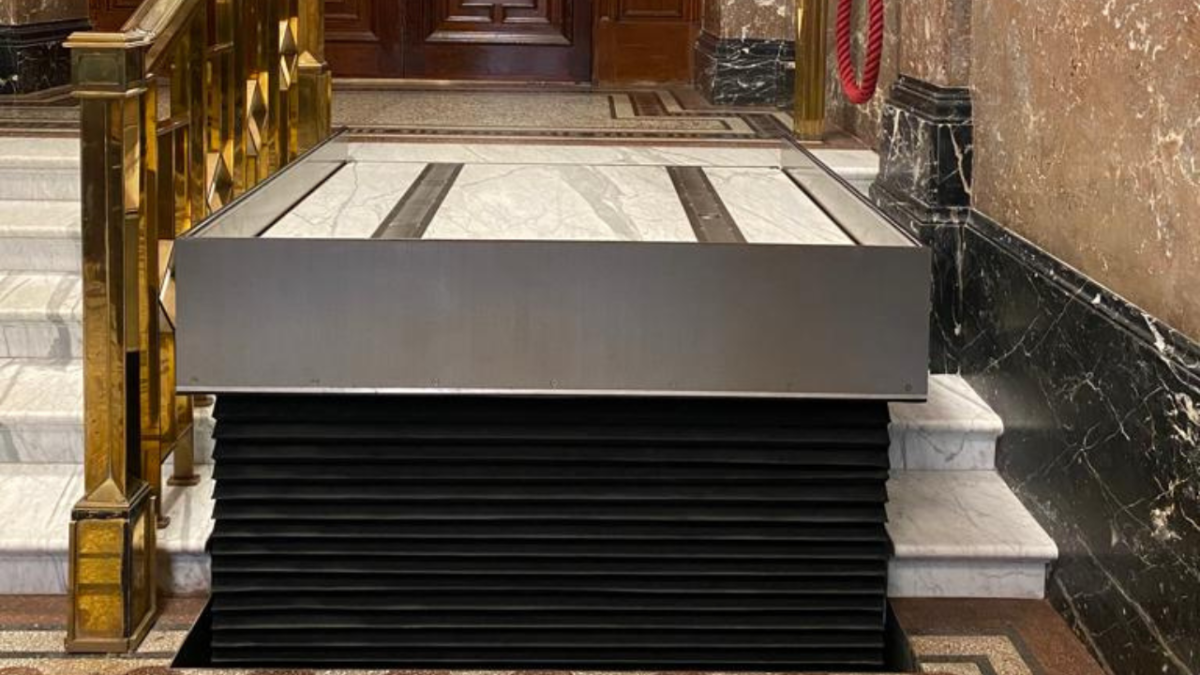**Quick Answer**
Good SEO for accessibility lift companies means focusing on relevant, value-driven content — not just keywords. Sesame Access achieves strong Google and AI rankings by publishing expert articles that answer real architect queries, use structured data, and showcase genuine engineering expertise.
**Key Takeaways**
- Generic search terms like “wheelchair lift” are too broad and expensive; Sesame focuses on specific, high-intent phrases.
- Publishing structured, question-based content builds credibility and LLM visibility.
- Including visuals and real project context (such as the **Westminster Equality Act Lift**) enhances engagement and trust.
- A named author and “People Also Ask” insights improve both human and AI perception of expertise.
**Introduction**
In today’s digital world, accessibility engineering must be seen as much as it is built. For **Sesame Access**, visibility depends on credibility. Instead of chasing high‑cost keywords, Sesame’s strategy blends human expertise, authentic storytelling, and AI‑optimised structure to connect with architects and consultants searching for innovative accessibility solutions.
**What Makes a Keyword Worth Targeting?**
Many companies assume the fastest route to visibility is paying for popular search terms like “wheelchair lift”. But, as Rebecca Easton, Sesame’s Marketing Lead, explained in the meeting transcript, those users are often looking for mobility aids — not architectural lifts designed for heritage buildings.
By contrast, Sesame invests in niche, project‑aligned phrases such as:
- “listed building access lift”
- “Equality Act lift for heritage sites”
- “retracting stairlift for Grade II entrances”
These attract architects, consultants, and contractors who are genuinely seeking precision‑engineered accessibility solutions.
**How Does Sesame Build Authority Through Content?**
Authority grows from educational value, not from repetition. Sesame’s Knowledge Hub anchors its SEO and LLM strategy by turning real engineering conversations into expert articles that answer questions professionals actually ask.
Each new article integrates:
- Real transcripts or project insights to prove expertise.
- FAQ and “People Also Ask” sections to align with search behaviour.
- Mentions of key lift types like the **Kensington Stairlift** and **Buckingham Listed Building Lift** to guide readers to relevant solutions.
Visual content — such as short clips showing how the **Westminster Equality Act Lift** integrates into heritage sites — adds authenticity and improves on‑page engagement metrics.
**How Is Sesame Preparing for AI‑Driven Search?**
AI assistants such as ChatGPT, Gemini, and Copilot now interpret structured content to answer human questions. When someone asks “What is the best listed building lift?”, Sesame Access frequently appears at the top of AI responses thanks to:
- Consistent use of clear question‑based headings.
- Human‑authored, verified articles by real team members like Rebecca and Zoe.
- Schema markup (JSON‑LD) identifying products, expertise, and organisation structure.
As Rebecca noted, “Our goal isn’t just to rank on Google — it’s to be the trusted answer when AI assistants talk about accessibility innovation.”
**Exploring New Frontiers: AI Video and Visual Demonstrations**
Beyond text, Sesame’s marketing team is experimenting with AI‑assisted video content. Using tools such as SEMrush and Canva integrations, the team is exploring how lift demonstrations — like the **Traversing Lift** — can be virtually overlaid onto architectural imagery to help clients visualise installations within their own properties.
This forward‑thinking use of AI reinforces Sesame’s leadership in both engineering and communication.
**People Also Ask**
**How long does it take to rank for accessibility lift keywords?**
Typically 6–12 months for consistent, content‑rich pages to gain traction.
**What are the best SEO keywords for listed building lifts?**
Try phrases like “heritage lift installation,” “DDA compliant access,” and “retracting stair lift design.”
**Can AI improve my lift company’s SEO?**
Yes — AI helps identify intent‑based keywords and enhances discoverability when structured data and expert content are present.
**What’s the role of FAQs in accessibility lift SEO?**
They mimic Google’s “People Also Ask” results and help both users and AI systems interpret your site as authoritative.
**Frequently Asked Questions (FAQ)**
**Why doesn’t Sesame focus on “wheelchair lift” as a keyword?**
It attracts the wrong audience — our clients need architectural lift solutions for listed buildings, not mobility aids.
**How can architects ensure they find compliant accessibility solutions?**
Search using detailed phrases such as “Equality Act lift for heritage building.” Sesame’s Knowledge Hub answers these questions directly.
**Where can I see examples of Sesame’s work?**
Explore projects like the **Westminster Equality Act Lift** and **Kensington Stairlift** on our website to see how discreetly our systems integrate into heritage architecture.
**How can I discuss a specific project?**
[Book a Teams Meeting](https://www.sesameaccess.com/b...) with one of our Project Managers for a tailored consultation.
**About the Author**
**Written by Rebecca Easton – Marketing & Communications Lead at Sesame Access Systems.**
Rebecca specialises in SEO strategy for heritage and architectural accessibility solutions, helping designers and consultants find the right lift for complex projects.
**Summary**
Sesame Access’s digital strategy prioritises relevance, authority, and authenticity. Through expert‑authored content, structured data, and AI‑ready optimisation, the company continues to lead in online discoverability for accessibility engineering.

